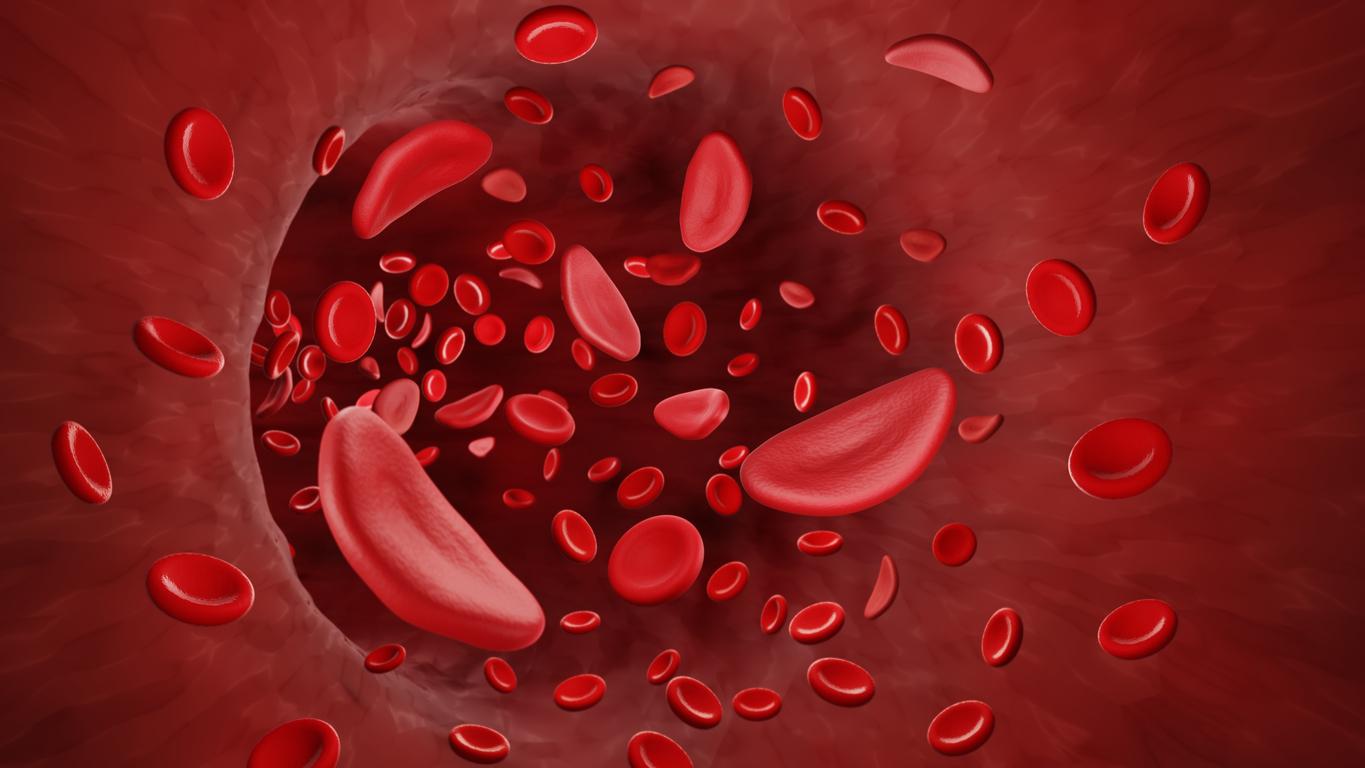A team of researchers has discovered a specific genetic factor that could protect some patients against amyotrophic lateral sclerosis.

- Although extremely rare, some people diagnosed with amyotrophic lateral sclerosis (ALS) recover partially or completely from the neurodegenerative disease.
- This could be due to a common genetic variant, called a single nucleotide polymorphism (SNP), that protects motor neurons from ALS attacks, according to a new study.
- The SNP reduces levels of a protein that blocks the IGF-1 signaling pathway. However, “ALS patients with rapid disease progression have lower levels of IGF-1 protein,” the researchers note.
“Although extremely rare, some people diagnosed with amyotrophic lateral sclerosis (ALS) recover partially or completely from the neurodegenerative disease. A better understanding of this puzzling phenomenon, which has been reported in the medical literature for at least sixty years, could open up potential new therapeutic avenues.”
With this in mind, researchers from Duke Health and St. Jude Children’s Research Hospital in the United States conducted a study on patients with ALS and discovered certain genetic factors that, it seems, could protect against the pathology.
A genetic variant that protects motor neurons against ALS
As part of their work, published in the journal Neurologythe scientists recruited 22 patients who had been diagnosed with ALS and recovered, and compared their genomes to those of other patients whose ALS had progressed. They were able to identify a common genetic variation, called a single nucleotide polymorphism (SNP), and participants who carried it were twelve times more likely to be cured than those who did not.
This genetic variant “appears to protect against the disease’s typical assault on motor neurons”we can read in a communicated. The SNP works by reducing levels of a protein that blocks the signaling pathway of IGF-1, a growth factor that has long been a target of interest in ALS research because of its role in protecting motor neurons. “ALS patients with rapid disease progression have lower levels of IGF-1 protein”the researchers emphasize.

A new potential target to treat the disease
While clinical trials aimed at increasing their IGF-1 levels have shown “disappointing results”this discovery could lead to a potential new approach to targeting IGF-1. “This suggests that the IGF-1 pathway should be further investigated as a potential target for future ALS treatments. While it may not be effective to simply give patients IGF-1, our study indicates that we may have a way to do it differently by reducing levels of this inhibitory protein.”
The team of researchers now plans to study whether there is a correlation between the blocking protein and disease progression in a much larger number of patients.

















